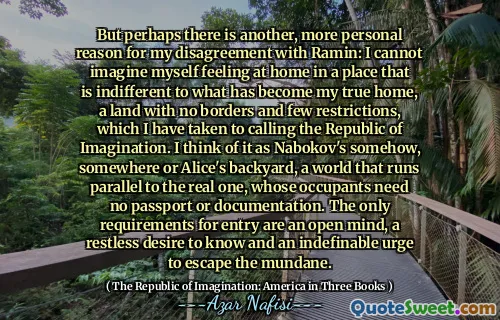
Daisy, simple and discreet flower,That earned the heart of this poet.
The daisy emerges in this quote as a symbol of understated beauty and purity. Its simplicity and unpretentious nature often go unnoticed in a world that sometimes values grandeur over subtlety. Yet, it is precisely this modesty that captures the poet's heart, highlighting how genuine beauty does not need to shout or shine excessively to leave a profound impact. The daisy's unassuming presence invites us to appreciate the small, often-overlooked details in life that carry significant emotional weight. In a way, the poet's affection for the daisy suggests a deeper appreciation for authenticity and innocence—a reminder that true worth lies in simplicity and sincerity. This perspective challenges modern ideals that favor ostentation and perfection, encouraging us instead to find value in humility and genuine expression. Such a sentiment resonates on a universal level, reminding us that love and admiration are often rooted in the sincerest and least complicated aspects of life. The daisy, here, embodies a silent grace that speaks volumes about the poet’s perception of beauty—more about the soul of a thing than its surface. Reflecting on this, one might consider how everyday elements and their understated qualities can evoke profound emotional responses. It encourages us to look beyond surface appearances and recognize the quiet elegance in the humble elements around us. In literature and poetry, such symbols serve as gentle yet powerful reminders of the importance of simplicity, sincerity, and the understated qualities that often hold the most genuine beauty and meaning.






